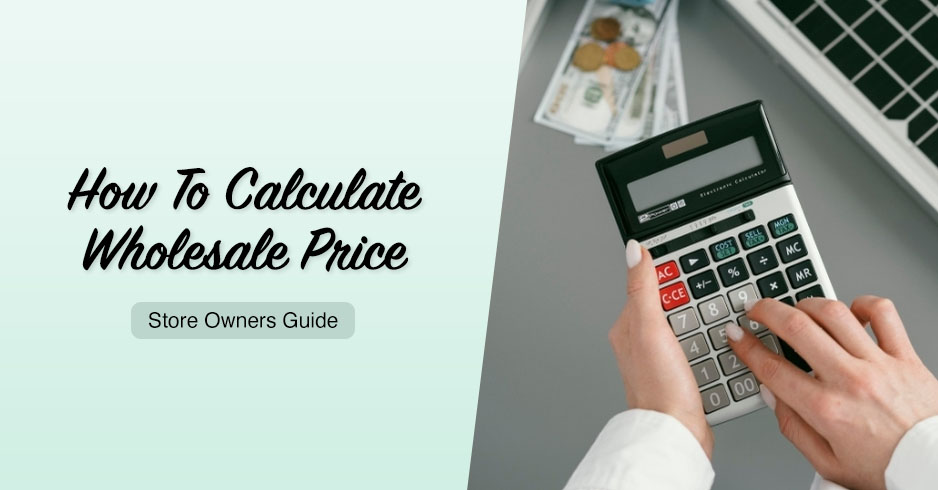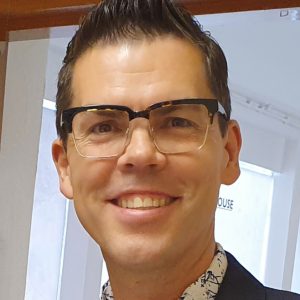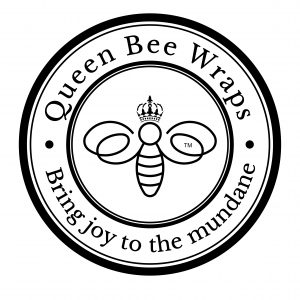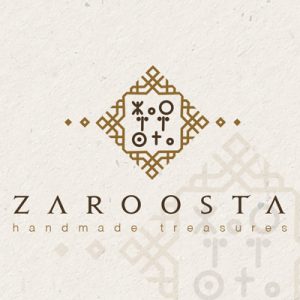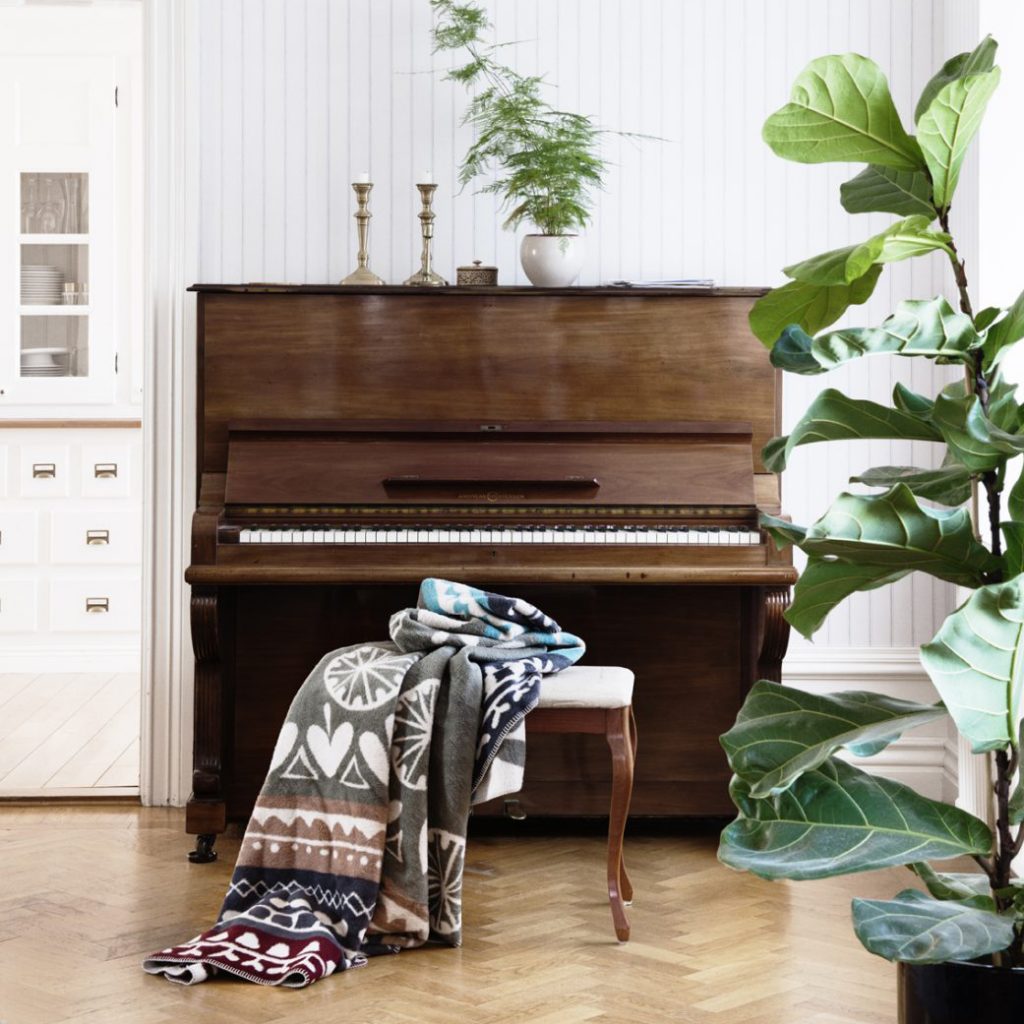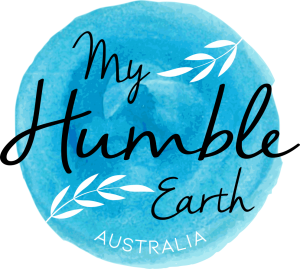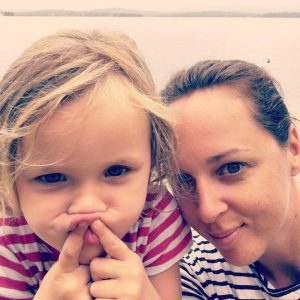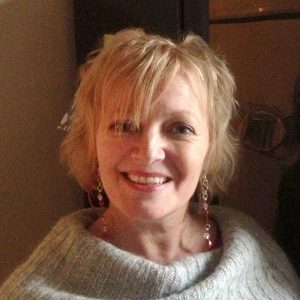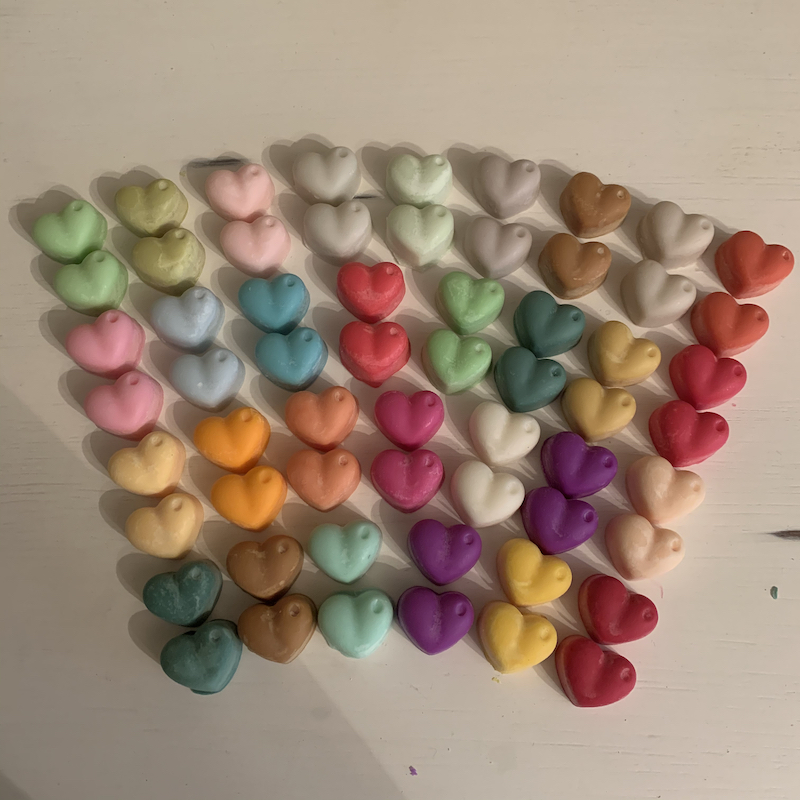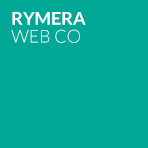The Complete Guide To Wholesale Price (How To Calculate)
Are you a store owner planning to sell your products in bulk? Not sure how to set the right price? Don’t worry, you’re not alone. A lot of businesses struggle
Continue reading →
I never cease to be amazed at the ingenuity of store owners in the face of tough challenges.
It’s April 22nd, 2020 and today is Earth Day, a day where we can collectively think to ourselves, “what can we do for the planet?”
And it just so happens that this year, we are also in the midst of one of the world’s biggest challenges ever, the Coronavirus pandemic.
Because of less travel and being forced to self-isolate, many people around the world have been seeing record low levels of pollution, oil consumption and a move to more sustainable work habits.
Who would have thought this is where we would be within just a few weeks?
For me, it’s great a reminder that we can call do our part. If we want this planet to thrive we all need to change the way we do things dramatically.
So this earth day I wanted to celebrate 6 amazing store owners who are saving the earth one sale at a time and also ensuring their business is working towards make the earth a better and more liveable place long term.
I hope you enjoy reading these interviews as much as we did putting them together.
Josh Kohlbach
CEO of Rymera Web Co, makers of Wholesale Suite for WooCommerce
#1 – Bryden McKinnie
1. What is your store name
2. What does your store sell and how did you get your start?
We make handmade beeswax wraps, an eco-friendly alternative to cling film for wrapping and storing perishable food. They are reusable and lasts at least a year. We coat cotton fabric with a secret recipe of beeswax, tree resin and jojoba oil creating a naturally antibacterial clingy wrap which keeps food fresher for longer.
We got started 2 years ago after seeing the amount of plastic waste going into the ocean on the Sky Ocean Rescue programme and finding out that more than 1.2 billion metres, equating to 745,000 miles of cling film, is used by households across Britain every year!
3. What does your company do to help the planet & environment?
With 1000’s of families using our beeswax wraps across the British Isles we are all saving tens of thousands of cling film going straight into landfill and helping to reduce food waste. Within our business our packaging, postal boxes, tape and are all made from recycled paper and we plant trees every year to off set our carbon footprint. For the wrap we now produce our signature beeswax mix in small block so customers can extend the life of their wraps by another year, cutting down on waste.
4. What has been the biggest challenge to being an eco-friendly store?
Biggest challenge? Being eco-friendly you have to look at all aspects of the business not just the product. It can often mean higher costs for packaging etc. When we source an item for the business we put our “eco-friendly” cap on and ask questions on sustainability. For example, it took 12 months of trials to find a beeswax fine filter that was reusable. With fabric off-cuts we thought about how they could be re purposed not thrown out. All of fabric waste and scraps are used by local crafters and social enterprises. On the store front side, while we have many wholesale customers we have struggled to find direct retail sales without heavy advertising.
5. Any advice to other store owners on how they can make changes to become more eco-friendly?
To make changes break down the business into parts and question each section, what can we do to make it better for the environment. The first easy solution it to look at packaging and find recycled alternatives or change plastic tape to paper tape. When creating a new product think about plastic free alternatives and less packaging.
#2 – June Oehlers
1. What is your store name?
Zaroosta Handmade treasures
2. What does your store sell and how did you get your start?
In 2016 my Moroccan wife and I started an export business of Moroccan artisan products after a roadtrip around Morocco. We exported mainly to Curaçao only, where I’m (June) from! In 2018 we moved from Holland to Marrakech for good to further flourish our business Zaroosta and now we export world wide.
3. What does your company do to help the planet & environment?
Zaroosta sells only handmade products made from natural materials. We recycle most of our waste and packing material.
4. What has been the biggest challenge to being an eco-friendly store?
Biggest challenge of being an eco-friendly store is convincing some clients that due to the nature of the raw material, products do vary in color, shape and quality. Every product is one of a kind. It’s not an Ikea product and that’s the charm.
5. Any advice to other store owners on how they can make changes to become more eco-friendly?
Our advice is to reuse waste material and packaging material. For example, we sell filling for poufs, which are waste pieces of rugs. Rugs we used to make the same poufs.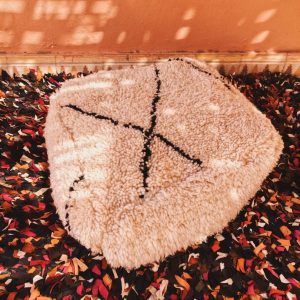
We live in the middle of the Medina of Marrakech and there is a lot of trade. So a lot of packaging waste material. We have a helper who collects the ones we can use around the Medina. He does it every day. We use these again to pack and ship our products.
#3 – Valentina Albæk
1. What is your store name?
FabGoose
2. What does your store sell and how did you get your start?
FabGoose is a small Scandinavian design brand. We exclusively sell designer products made for Fabgoose: organic cotton blankets, premium woolen plaids and cushions and paper Christmas decorations.
I’ve started FabGoose because I was tired of poor quality and products that do not last long. Also being a mom of 3, I was bothered by all the dangerous chemicals in colors, after treatment of textiles and other hormone disturbing substances in a lot of products.
3. What does your company do to help the planet & environment?
We produce products just in time and in doing so we lower down overproduction and waste that is usually related to overseas production because you have to order bigger quantities. Local production also has very low CO2 footprint. We even go the extra mile in our packaging – it’s optimized for the products so that we do not ship any excess air.
Basically in all the choices that we make we are very conscious about the ecological effect – even as small as the packaging tape that we use.
4. What has been the biggest challenge to being an eco-friendly store?
It’s challenging to make people understand that not all products are created equal and that you cannot compare the quality based on looks and price. There is a huge difference in quality and costs of raw materials, finishes and craftsmanship.
Also, it’s hard sometimes for people to consider paying extra for an item that will last longer. Making the business profitable is still challenging when you are constantly compared on price but we walk our talk and make the right choices on behalf of our customers.
One of the good things about doing business in Scandinavia (and producing here) is that we share the same values as our partners, production is certified and regulated. Everyone is taking the responsibility for the environment so basically there is no harm or pollution to the environment.
5. Any advice to other store owners on how they can make changes to become more eco-friendly?
I think that being aware of how to package a product is important. When we ship to our wholesale customers we always reuse bigger boxes that we get our products delivered in from production. These boxes get to serve one more time.
Be considerate and always strive to make better choices, even in the small ones. Small choices when accumulated will always make a big difference. Can you shred the boxes from your suppliers and use it as a filler? Compostable mail order bags is a better choice than plastic bags. Find one thing to begin with and commit, Rome was not built in a day. Then add the next thing and then improve the next one.
My Humble Earth makes biodegradable and reusable kitchenware and toiletries
15% Discount from My Humble Earth.
Use code: Earthday
#4 – Jessica Ross
1. What is your store name?
2. What does your store sell and how did you get your start?
Biodegradable and reusable kitchenware and toiletries, with recycled Kraft packaging too! I used to live in the Canadian Rockies, where eco-friendly household products were the normal. So when I moved back home to Australia, I wanted to show people how easy it was to adopt reusable home products into their lifestyle and cut out their single-use waste.
3. What does your company do to help the planet & environment?
Changing your habits and reducing your waste can be a little scary and most people don’t know where to start. For this reason I try to share lots of blog posts, tutorials, how to guides and information on my website and social media to help people make this first step, and show them how easy it can be.
I also share lots of environmental news articles to help people stay up to date with what is happening around the globe. I was donating 10% of my profits to the bushfire relief over the summer, but now as the pandemic has come to stay, I am re-evaluating who I can help next. Any ideas please let me know!
4. What has been the biggest challenge to being an eco-friendly store?
My biggest challenge is having transparency with new suppliers regarding new products. As I source my products from overseas, it is important to make sure the products are actually biodegradable or made from recycled material that the supplier says they are.
I have caught out a supplier in a lie in the past, which could have had a domino effect on me by having untrue information on my labeling. Lesson learnt!
5. Any advice to other store owners on how they can make changes to become more eco-friendly?
Honestly being eco-friendly isn’t hard. It is easy to ask for no single use plastic or OPP bags with any of your orders or products, it is easy to use compostable mailing bags. There are so many eco-friendly versions of everything out there now that won’t break the bank, Google is your friend 🙂
#5 – Leanne Tubby
1. What is your store name?
2. What does your store sell and how did you get your start?
We are one of Australia’s largest Modern Reusable Nappy Manfacturers and we produce washable and reusable nappies, swimming pants plus reusable accessories for the modern baby and parents.

3. What does your company do to help the planet & environment?
At our HQ we recycle every box we receive from the factory and also from our homes. Our boxes are reused to ship out customer orders and we encourage our customer to continue that cycle. We also have an incredible incentive so when a customer has finished their nappying years they can return their used nappies back to us. We upcycle them give them fresh elastics and ship them off to orphanages in south east Asia to continue their life cycle again and again.
4. What has been the biggest challenge to being an eco-friendly store?
The biggest challenge over the last 16 years has been educating new parents to the fact that cloth nappies have changed and are no longer the old school style needing giant pins and bleach. In the last 3 months there has been a huge growth in our sector due to the shortages of disposable nappies. Parents have actually started researching reusable nappies and so many are surprised in what they have found.
We have been advocating for years and work closely with a range of councils and hospitals across Australia to spread the message. There are now many council rebates and incentives for cloth nappies across the country which is amazing!
5. Any advice to other store owners on how they can make changes to become more eco-friendly?
My advice would be to start with small changes in your business – compostable packaging, recycle your paper and packaging, go virtual with your communication. Small steps will make big change if you keep it up and go step by step. Just start making eco changes and you won’t regret it.
#6 – Jane Twyman
1. What is your store name?
2. What does your store sell and how did you get your start?
We sell hand made plant based soy wax candles, wax melts, reed diffusers, car diffusers.
3. What does your company do to help the planet & environment?
We refill the containers for the candles that we have sold or customers can bring their own containers and we will refill them, saving on using and wasting the containers.
4. What has been the biggest challenge to being an eco-friendly store?
Getting the word out, creating customers and repeat customers.
5. Any advice to other store owners on how they can make changes to become more eco-friendly?
Listen to what your customers want, cut down on packaging and create sustainability like re-using of containers.
Thanks To Our Earth Heroes For Sharing
We have definitely been inspired while compiling the above interviews and stories into this article. It was amazing to learn from these wonderful entrepreneurs how we can start and contribute to saving our planet. Each of us can definitely make a difference in the world. Thanks to all of you for sharing.
We are very proud that most of them are also customers of ours which is why we are very excited to feature them on our blog. If you also run a store and want to know more about Wholesale Suite, one of the tools they’re using to grow, you can read all about our bundle of products here.
If you found the interviews above valuable and you’d like to share this article we’d be extremely grateful:



